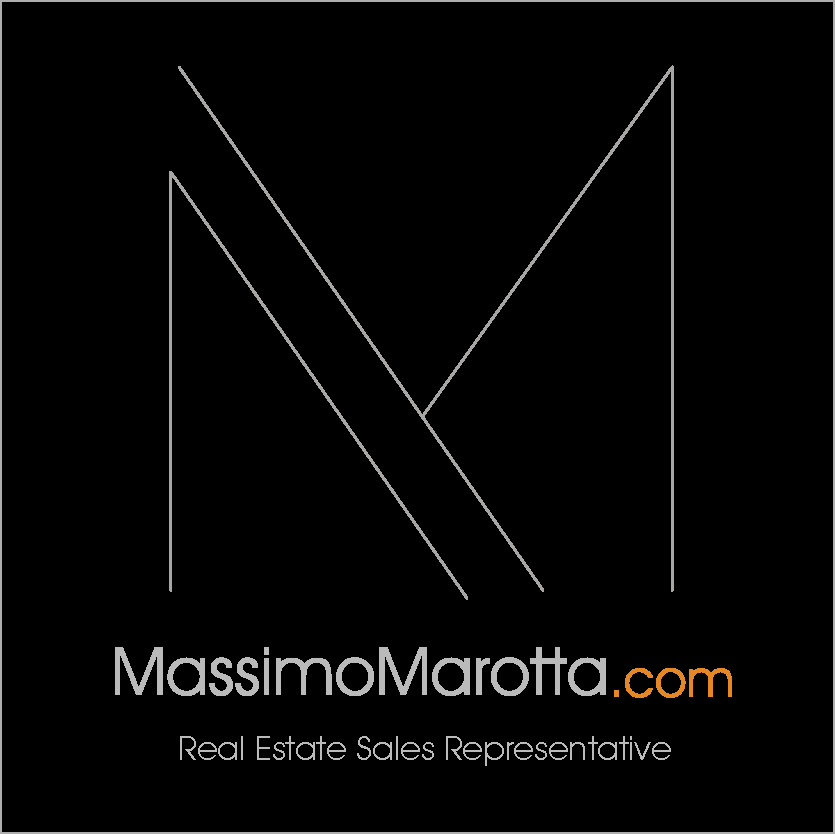Understanding Closing Costs.
Closing Cost
Automatic Notification Updates.
Get notified by email alerts for new listings and price reductions in your favourite neighbourhood(s)
Closing Costs: What are They And How Much Will You Pay?
Closing costs refer to a large variety of different fees and charges associated with the completion of your mortgage deal, including all legal and administrative expenses you’ll be responsible for paying leading up to, or on, your home’s closing date. It’s important to include these costs in your budget because, in most cases, they can’t be rolled into your mortgage payments.
Important: Include closing costs in your budget because, in most cases, they can’t be rolled into your mortgage payments
Key Takeaways:
- Closing costs are typically 3-5% of the home’s price, but it’s always wise to err on the side of caution by saving more money than you need
- Land transfer tax is one of the largest closing cost fees. The amount you pay is based on the purchase price of your home and typically only applies to resale properties
- You may not have to pay all of the closing costs listed in the article, especially if you’re a first-time homebuyer as rebates are available
How much are closing costs?
Closing costs range depending on the specific property you plan to purchase but, as a safe estimate, set aside 5% of the purchase price as a buffer to cover these expenses. They typically amount to anywhere from 3-5% of the home’s price, but it’s always wise to err on the side of caution by saving more money than you need. Any surplus can be used to help furnish and decorate your new home, or put aside for future maintenance costs. There really is no such thing as saving too much.
Tip: If you save more in your budget for closing costs than you need, any surplus can be used to help furnish and decorate your new home
Here are some of the most popular closing fees you can expect to pay:
- Land Transfer Tax (provincial and municipal, where applicable) – This is one of the largest fees associated with the closing of your home. Representing a one-time payment, the land transfer tax is paid by the purchaser when the property is transferred from the seller. The amount you pay is based on the purchase price of your home and typically only applies to resale properties. If you live in Toronto, for instance, you’ll have to pay both the Toronto and Ontario land transfer taxes. But, if you’re a first-time homebuyer, you may be eligible for a land transfer tax rebate. We’ll provide full details on how to apply for any rebates.
- HST/GST – Tax is only charged on new homes. But, you may be eligible for a rebate – both federal and provincial – in some circumstances. Certain conditions may apply. Contact your lawyer/notary for more detailed information.
- Appraisal Fee – An appraisal is an unbiased estimate on the value of your home requested by the lender. It certifies the property’s resale value to the lender in case you default on your mortgage. The cost is typically $300-$500.
- Legal Fees & Disbursements – Your lawyer/notary will charge you a fee for drawing up the mortgage and conveyance of title. The amount of the fee will depend on the professional you use. The typical cost is $800-$1,000.
- Survey – If you’re purchasing a single-family home, you’ll need to provide your lender with a survey certificate showing where the property sits within the property lines. Some exceptions are made, however, on low loan-to-value deals and acreage properties. A survey will cost approximately $750-$1,000, but the lender will often accept a copy of an existing survey.
- Interest Adjustments – You’ll need to pay interest on any gap between the closing date of the purchase and the first payment date of the mortgage. You can avoid an interest adjustment by scheduling your first mortgage payment exactly one payment period after your closing date.
- Statement of Adjustments – Your lawyer/notary will calculate and prepare a statement of adjustments for your portion owing on utilities, property taxes and other bills based on where your closing date falls within the month/payment cycle. As some owners prepay these services, the adjustment could be quite costly.
- Title Insurance – Most lenders require title insurance to protect against losses in the event of a property ownership dispute. This is purchased through your lawyer/notary and costs approximately $200-300.
- Home Inspection – A home inspection is a wise investment, as a professional will offer an objective visual examination of the physical structure and systems within a house. Cost range is $350-500.
Tip: You can avoid an interest adjustment by scheduling your first mortgage payment exactly one payment period after your closing date
How to avoid some closing costs
You may not have to pay all of the closing costs listed above, especially if you’re a first-time homebuyer. We’ll give you a complete rundown of all costs as soon as your mortgage is approved and suggest any available rebates to help you save as much money as possible.
HST/GST is only charged on new builds so, if you’re purchasing a resale home, you won’t have to worry about this expense.
In certain circumstances, depending on the specific property, you may not have to pay for a survey if the lender will accept an existing one.
You can avoid paying an interest adjustment by scheduling your first mortgage payment exactly one payment period after your home’s closing date.
Do sellers pay closing costs?
The main closing cost paid by sellers is real estate commissions, which are typically split between the buyer’s and seller’s agent.
In some cases, a seller will pay for a pre-inspection by a home inspector to help set buyers’ minds at ease that they’re making a sound investment in buying this property.
Mortgage insurance fees
For many people, saving for a down payment is difficult. While it’s recommended that you put down as much as possible to reduce your mortgage amount, the minimum requirement in Canada is 5% for the first $500,000 and 10% for any portion above that threshold. If your down payment is less than 20%, you’ll be required to obtain mortgage default insurance, which protects your mortgage lender should you be unable to make your payments.
Mortgage insurance is payable upon closing, or it can be rolled into your monthly mortgage payments. This latter option makes it subject to interest, so we’ll make sure you understand what each option involves.
The following table shows you the mortgage insurance fees from CMHC as of January 12th, 2021.
Get Instant Notifications.
Looking for info on selling your home or an assessment on your property? Fill in the form below and I’ll get back you within 24 hours.











